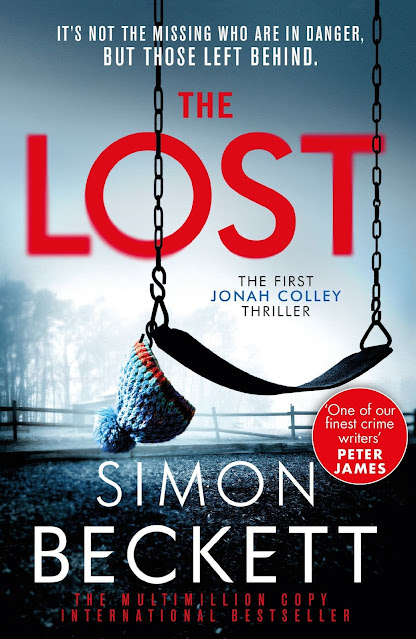



































 BEST CRIME BOOKS
BEST CRIME BOOKS • The Midnight Hour, by Elly Griffiths (Quercus)
• The Midnight Hour, by Elly Griffiths (Quercus)

 for local papers and the senior staff writer for the diocese of Charleston, South Carolina. In the essay below, he recalls a few of his experiences during the Vietnam War and how they affected a new crime novel he’s hoping to publish.)
for local papers and the senior staff writer for the diocese of Charleston, South Carolina. In the essay below, he recalls a few of his experiences during the Vietnam War and how they affected a new crime novel he’s hoping to publish.) called me for assistance; we continued loading our illegal cargo. Our guns stayed silent.
called me for assistance; we continued loading our illegal cargo. Our guns stayed silent.Daniela Melchior and François Arnaud are the latest to join Liam Neeson in the movie thriller, Marlowe, which is currently filming in Ireland and Spain. Melchior and Arnaud will play the brother and sister, Lynn and Nico Peterson. The movie follows private detective Philip Marlowe (Neeson), who is hired to find the ex-lover of a glamorous heiress. It looks like an open-and-shut case, but Marlowe soon finds himself in the underbelly of Hollywood’s film industry and unwittingly drawn into the crossfire of a legendary Hollywood actress and her subversive, ambitious daughter. Also starring are Diana Kruger, Jessica Lange, Adewale Akinnuoye-Agbaje, Alan Cumming, Danny Huston, Ian Hart and Colm Meaney.The Black-Eyed Blonde is only one of several novels starring P.I. Marlowe to have been penned since the demise of that protagonist’s creator, Raymond Chandler, in 1959. Yet another, Joe Ide’s The Goodbye Coast, is due out from Mulholland in January.
 Let’s add three more entries to what has become our running tally of “best books of the year” listicles. First off, we have nominations from a pair of contributors to the British newspaper The Financial Times. Below are the “best crime fiction of 2021” picks from Barry Forshaw, a favorite interviewee of The Rap Sheet:
Let’s add three more entries to what has become our running tally of “best books of the year” listicles. First off, we have nominations from a pair of contributors to the British newspaper The Financial Times. Below are the “best crime fiction of 2021” picks from Barry Forshaw, a favorite interviewee of The Rap Sheet: • The Night Hawks, by Elly Griffiths (Quercus)
• The Night Hawks, by Elly Griffiths (Quercus)























 Send Us News:
The Rap Sheet is always on the lookout for information about new and soon-forthcoming books, special author projects, and distinctive crime-fiction-related Web sites. Shoot us an e-mail note here.
Send Us News:
The Rap Sheet is always on the lookout for information about new and soon-forthcoming books, special author projects, and distinctive crime-fiction-related Web sites. Shoot us an e-mail note here.
Text © 2006-2025 by The Rap Sheet or its individual contributors.
Rap Sheet logo by David Middleton.

 The Rap Sheet has now been around long enough that some older posts may include links to stories or Web sites that no longer exist. If you encounter such broken links, try searching for the original material via the Wayback Machine, an invaluable archive of digital content.
The Rap Sheet has now been around long enough that some older posts may include links to stories or Web sites that no longer exist. If you encounter such broken links, try searching for the original material via the Wayback Machine, an invaluable archive of digital content. Back in the fall of 1971, NBC-TV introduced its most successful “wheel series,” the NBC Mystery Movie. Look for our anniversary posts here.
Back in the fall of 1971, NBC-TV introduced its most successful “wheel series,” the NBC Mystery Movie. Look for our anniversary posts here.
 In honor of The Rap Sheet’s first birthday, we invited more than 100 crime writers, book critics, and bloggers from all over the English-speaking world to choose the one crime/mystery/thriller novel that they thought had been “most unjustly overlooked, criminally forgotten, or underappreciated over the years.” Their choices can be found here.
In honor of The Rap Sheet’s first birthday, we invited more than 100 crime writers, book critics, and bloggers from all over the English-speaking world to choose the one crime/mystery/thriller novel that they thought had been “most unjustly overlooked, criminally forgotten, or underappreciated over the years.” Their choices can be found here.
